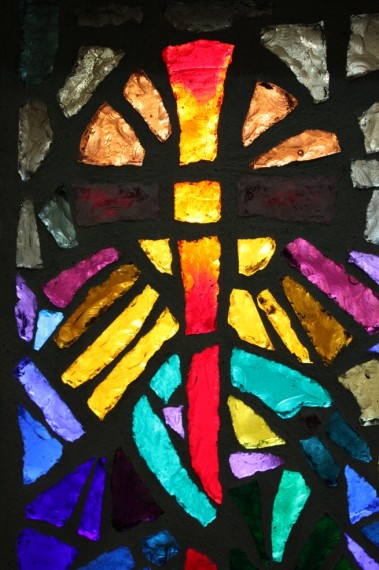Micah 6 verse 8 (The Bible)
He has shown you, O mortal, what is good. And what does the LORD require of you? To act justly and to love mercy, and to walk humbly with your God.
The theology of Micah68 is naturally framed by the mini-gospel of Micah chapter 6 verse 8, but is fully shaped by the life, death and resurrection of Jesus Christ as found in the Christian gospels of the Bible. The core of the biblical ethos and theology of Micah68 is an evangelical, radical and charismatic reading of the Bible which can only be briefly expressed here by use of the Bible themes key to its ministry.
The evangelical call: The gospel accounts are at the heart of Micah68 biblical reflection, as that is where the person, teaching and works of Jesus Christ are encountered. Micah ministry is in response to the evangelical invitation and call of Jesus to follow him: “Follow me and I will make you fish for people” (Mark 1.17); “If anyone would come after me, he must deny himself and take up his cross daily and follow me.” (Luke 9.23)
The radical teachings: Micah68 ministry attempts to follow Jesus Christ through the ‘Nazareth manifesto’ (Luke 4.18-19, incarnating Isaiah 61 & 58) where he declares the coming ‘in him’ of a life-changing kingdom of power, release, freedom and forgiveness. “The Spirit of the Lord is on me, because he has anointed me to preach good news to the poor. He has sent me to proclaim freedom for the prisoners and recovery of sight for the blind, to release the oppressed, to proclaim the year of the Lord’s favour.” In the Sermon on the Mount (Matthew 5-7) Jesus preaches a radical message of renewed social relationships, and into the issues of peace, justice, the equality of persons, and devotion to His Father. He calls his followers to live a life of testimony as salt and light into the community and the daily realities of their world, “let your light shine before men, that they may see your good deeds and praise your Father in heaven.” (Matthew 5.13-16) In the gospels we also encounter the God who has taken up residence among the poor, the oppressed and the outcast (Matthew 25.31-46) who we are called to respond to “The King will reply, ‘I tell you the truth, whatever you did for one of the least of these brothers of mine, you did for me.’”
The charisma of community: The Jesus invitation “follow me” demands a personal response, but it is not an invitation to a privatised faith, but one that is shared in community where the new commandment of Jesus holds sway “A new command I give you: Love one another. As I have loved you, so you must love one another.” (John 13.34) The community life found in the early church models the missionary community that Micah68 is committed to becoming (Acts 2.44-47 & Acts 4.32-35), a fellowship network of charisma, where the Holy Spirit brings power for witness (Acts 1.8) and the means of witnessing to Jesus, the essential fruit and gifts of the Spirit. (Galatians 5.22-23, Romans 12.3-8, Ephesians 4.11-13, I Corinthians 12-14) This community are called to be peacemakers and reconcilers, who bring people together and bring them to God (2 Corinthians 5.18-20), a people of faith who share their faith in practical ways “In the same way, faith by itself, if it is not accompanied by action, is dead.” (James 2.17)


